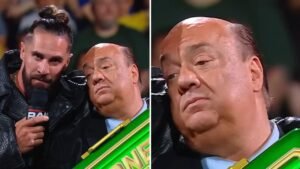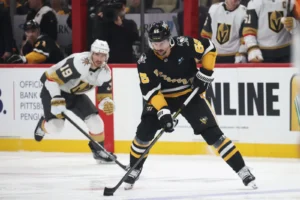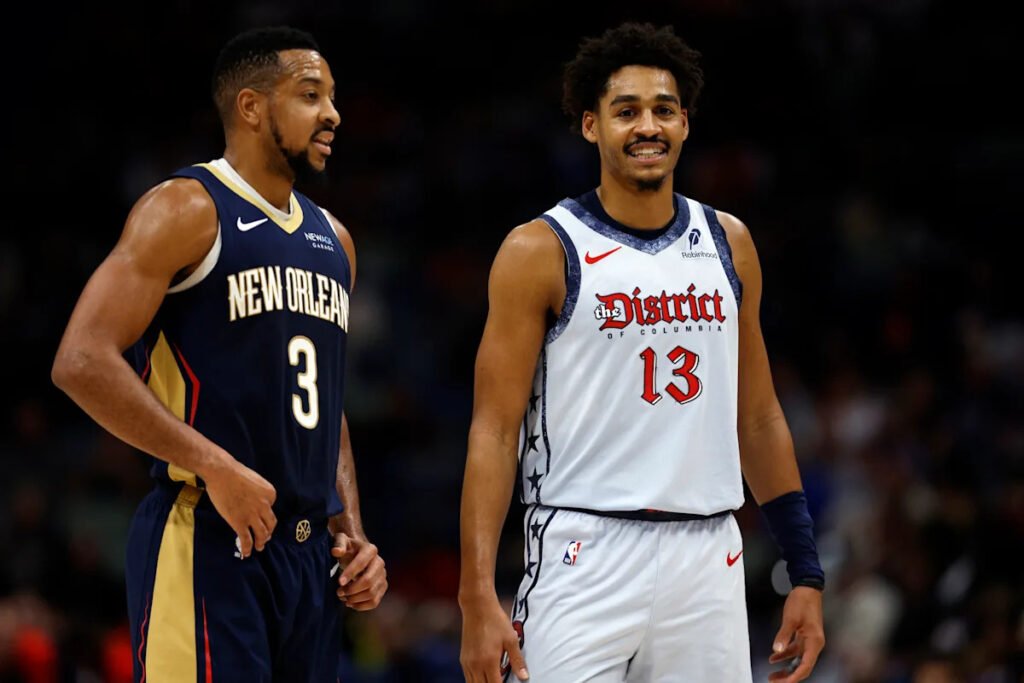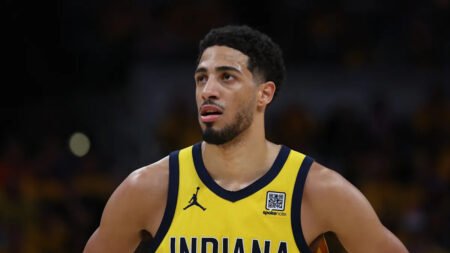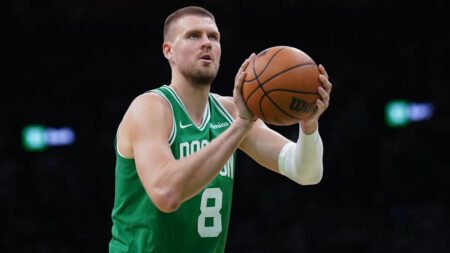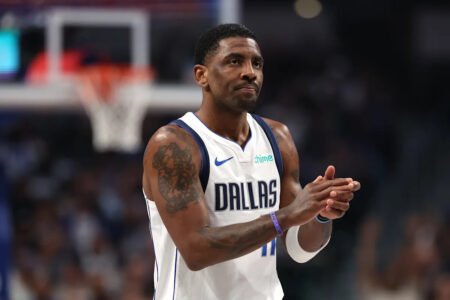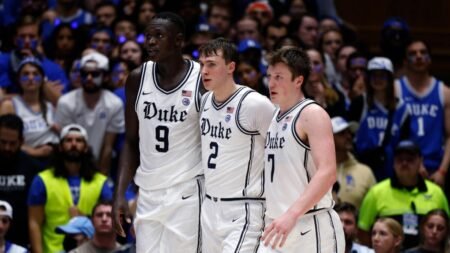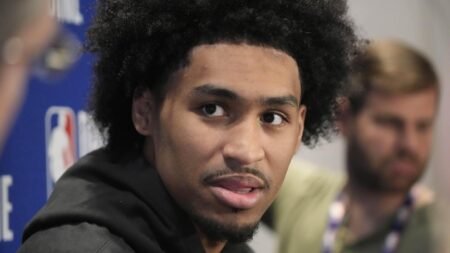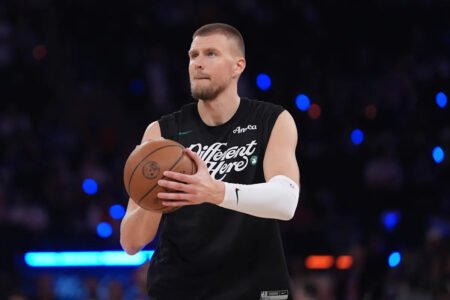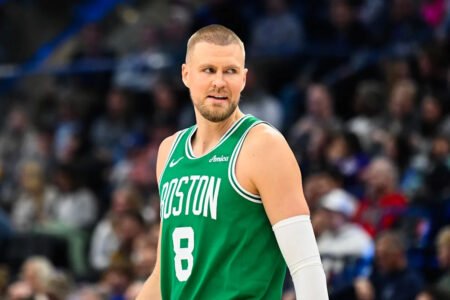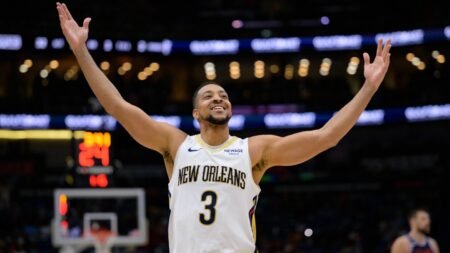NBA trade season is officially underway.
Less than a day after Boston sent Jrue Holiday to Portland for Anfernee Simons — which followed Sunday’s Kevin Durant trade — the Washington Wizards and New Orleans Pelicans swapped guards.
Advertisement
CJ McCollum and Kelly Olynyk are headed to Washington, along with a future second-round selection, in return for Jordan Poole, Saddiq Bey and the 40th overall pick in Wednesday’s NBA Draft.
This is a bit of thinker, so let’s get right into it, starting with the Pelicans.
Pelicans grade: C (but potential for higher)
The organization shaved off roughly $6 million in this trade, providing them with needed flexibility under the first apron, to the point where they should be able to use the entire non-tax mid-level exception (projected to be worth $14.1 million).
What’s interesting is the Pelicans took on long-term money, as McCollum and Olynyk are both entering the last year of their deals.
Advertisement
This is — presumably — done to give themselves more opportunities with Poole, who just turned 26. Although still an excellent shooter, McCollum will turn 34 before the start of next season.
In short, the younger Poole could conceivably build up higher trade value in New Orleans, which the organization could utilize later.
Poole (20.5 points, 4.5 assists) is coming off a bounce-back year after a disappointing debut season in Washington. His efficiency shot up to 59.1% true shooting, and he leaned into his 3-point shot, attempting 622 of them in just 68 games.
Of course, the Pelicans would have to bank on Poole improving further, or at least remain on his current course, for him to have significant trade value down the line.
So, to recap this oddity: The Pelicans save immediate money, which allows them flexibility this summer, but take on future money in the hope of turning that into something good down the line.
Advertisement
Was this the best use of over $44 million in expiring money? That’s highly debatable.
Wizards grade: A
For Washington, the path toward their logic is far easier.
This team has acquired several older players of late, such as Khris Middleton, Marcus Smart and now McCollum.
They are great culture-setters and tremendous locker-room presences. Their contracts also all align, as they expire at the conclusion of next season.
Essentially, the Wizards are creating a highly professional environment for their young core to thrive in, and all they had to give up were players they weren’t married to long term anyway.
Advertisement
The Wizards will enter the 2026 offseason with money to burn and can choose whether to spend that on players to accelerate their timeline, or rent out their cap space for draft-pick compensation.
Washington’s flexibility is now among the league’s best, which is another strong indicator their rebuild is going quite well.
Read the full article here
